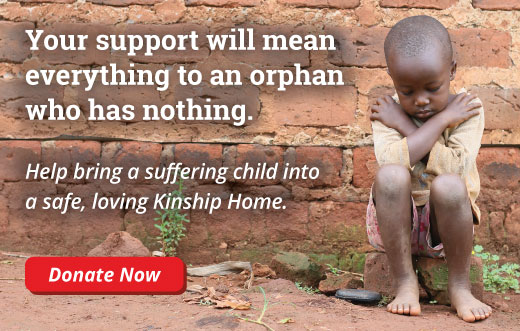

Let’s look again at verse 4, to see a case where a widow would not qualify as being in need. So giving gifts to the poor, or providing for their maintenance, is doing them honour and that this is the sense here, appears by what follows in the context.” “…honour, here, is what is to be given to all that are really widows and therefore rather regards some external honour and respect to be shown them, by words and actions and especially it designs an honourable provision for them, and maintenance of them … He qualifies the widows that are to be supported by saying that honor is to be given to those who are really in need. Paul is addressing the financial support of widows. What is Paul talking about when he says honor widows who are really widows in verse 3? See also: Instruction for the Care Of Widows, Part 2 Let’s take a look at 1 Timothy 5:3-10.Ĥ But if any widow has children or grandchildren, let them first learn to show piety at home and to repay their parents for this is good and acceptable before God.ĥ Now she who is really a widow, and left alone, trusts in God and continues in supplications and prayers night and day.Ħ But she who lives in pleasure is dead while she lives.ħ And these things command, that they may be blameless.Ĩ But if anyone does not provide for his own, and especially for those of his household, he has denied the faith and is worse than an unbeliever.ĩ Do not let a widow under sixty years old be taken into the number, and not unless she has been the wife of one man,ġ0 well reported for good works: if she has brought up children, if she has lodged strangers, if she has washed the saints’ feet, if she has relieved the afflicted, if she has diligently followed every good work.

All through the Old and New Testaments widows are viewed as especially worthy of God’s mercy. Today we will be considering the instruction to Timothy concerning the care of a very specific group of women - widows. We examined how Paul instructed Timothy in the treatment of older and younger men and women. The following commentary and articles provide additional detail on this new and unique system of care.Last week we considered how we ought to treat one another in the church. In addition, the PSC has developed a proactive case-management model, a specialized telehealth network, guidelines for long-term follow-up, and services for those individuals who are unable to return home. The PSC is comprised of: 4 specialized regional rehabilitation centers that are accredited in brain injury by the Commission on Accreditation of Rehabilitation Facilities 21 specialized outpatient and subacute rehabilitation programs designated polytrauma teams at smaller, more remote VA facilities and a point of contact at all other VA facilities. This national system of care balances access and expertise to provide specialized life-long care to the combat injured. The VA recognized this need and responded with the development of the Polytrauma System of Care (PSC).

Service members injured in combat most often sustain multiple injuries (polytrauma) and require a unique service delivery model to meet their needs.

The initiation of combat in Iraq and Afghanistan has resulted in a new cohort of active-duty service members and veterans seeking rehabilitation care through the U.S.


 0 kommentar(er)
0 kommentar(er)
